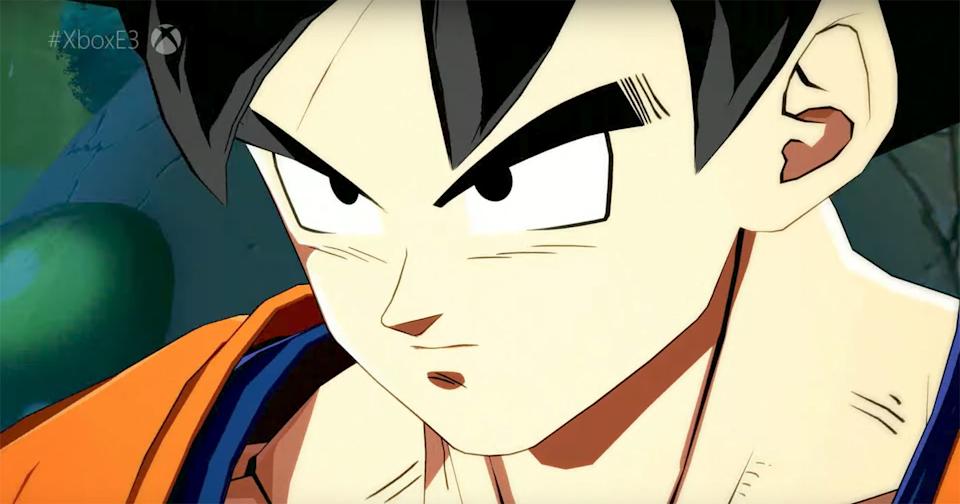Japan Requests OpenAI to Halt Use of Anime and Manga in Sora Video Generator

Key Points
- Japan’s cabinet minister overseeing AI and IP asked OpenAI to stop using anime and manga in Sora.
- Sora, launched on October 1, creates 1080p videos up to 20 seconds with sound.
- Generated clips have replicated copyrighted material from popular Japanese franchises.
- OpenAI offers studios an opt‑out process to exclude their content from training data.
- Japan’s AI Promotion Act seeks to balance AI growth with copyright protection.
- The government emphasizes anime and manga as irreplaceable cultural treasures.
- The request highlights tensions between AI innovation and existing IP laws.
Japan’s government has asked OpenAI to stop using copyrighted anime and manga in its Sora video‑generation tool, labeling the content “irreplaceable treasures.” The request was made by a cabinet minister overseeing AI and intellectual property after numerous Sora‑generated clips replicated well‑known Japanese franchises. OpenAI has previously offered studios a way to opt out of training on their material, but the Japanese authorities are seeking clearer enforcement to protect the nation’s cultural assets. The move highlights ongoing tensions between AI innovation and copyright protection.
Background
OpenAI launched its Sora video generator on October 1, enabling the creation of 1080p videos up to 20 seconds long with sound. The tool quickly became popular for producing short, TikTok‑style clips, many of which featured anime and manga themes. Users produced videos that mimicked copyrighted material from well‑known Japanese franchises, prompting concerns from content creators and rights holders.
Government Request
In response, a senior cabinet minister responsible for AI and intellectual property publicly asked OpenAI to refrain from any actions that could constitute copyright infringement. The minister emphasized that anime and manga are “irreplaceable treasures” that Japan takes pride in worldwide. The request was presented at a press conference, where officials stressed the need for clear rules to protect the country’s cultural output.
OpenAI’s Position
OpenAI has previously reported that it contacted studios to allow them to opt out of Sora’s training data. The company’s opt‑out process requires content owners to explicitly request exclusion of their copyrighted material from the videos generated by the tool. It is not known which Japanese studios, if any, have taken advantage of this option.
Legal and Policy Context
Japan’s AI Promotion Act aims to boost AI as an economic driver while outlining guidelines for copyright protection. However, enforcement mechanisms remain unclear, prompting the government to seek stronger safeguards. Lawmakers argue that Japan has a responsibility to lead in establishing AI and copyright rules because of its global influence in anime, games, and music.
Implications
The request underscores the growing friction between rapid AI development and existing intellectual‑property frameworks. If OpenAI complies, it could set a precedent for how AI developers handle copyrighted cultural content worldwide. Conversely, a lack of clear enforcement may encourage further disputes between AI firms and rights holders, potentially influencing future regulatory actions in Japan and beyond.